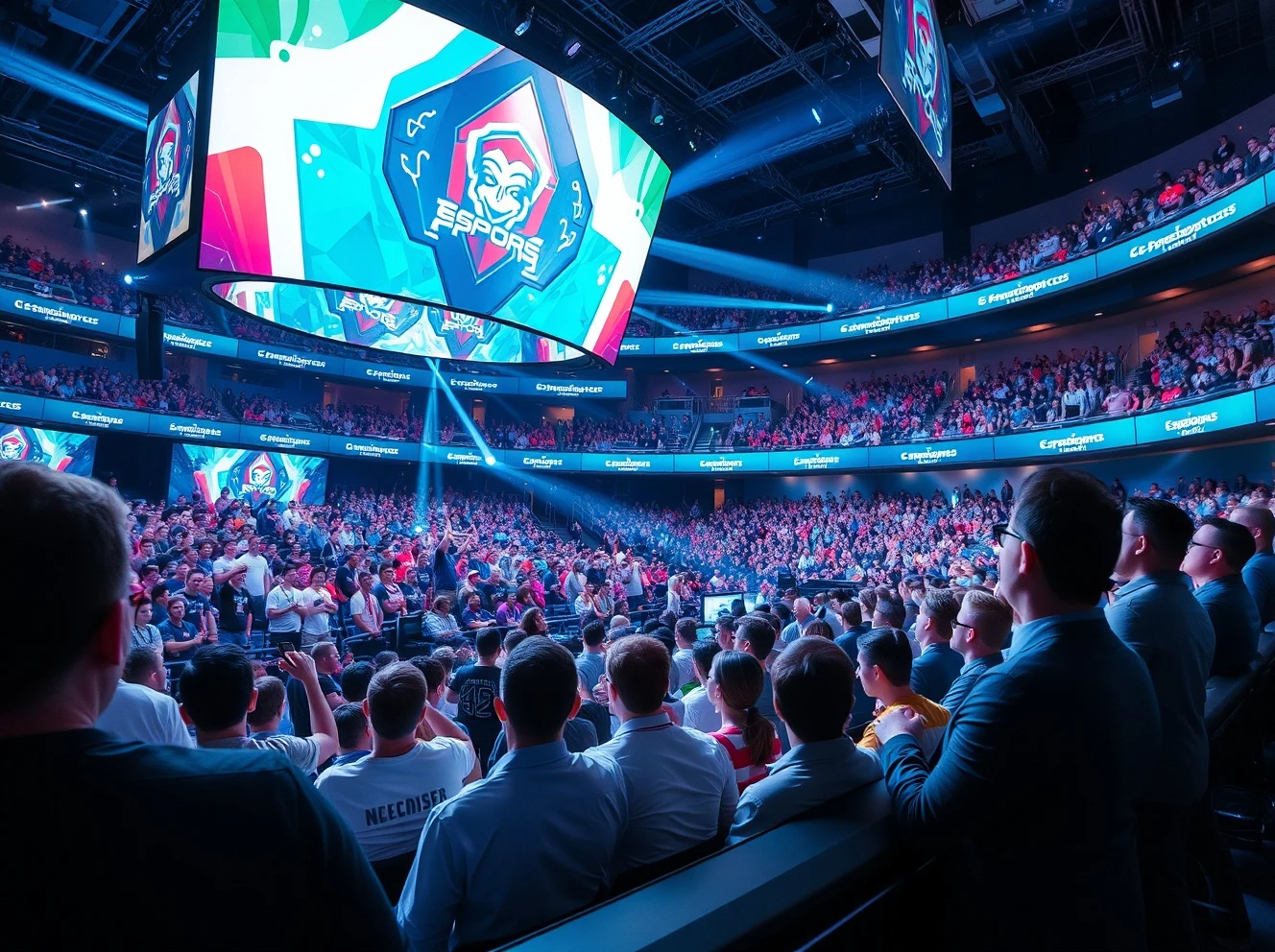Business leaders across the UK and US are discovering a powerful marketing channel that delivers unprecedented access to young, digitally-native consumers. eSports sponsorship has transformed from experimental marketing to essential business strategy. Consequently, companies are allocating significant budgets to tap into this explosive growth market.
The Explosive Growth of eSports Sponsorship
Global eSports sponsorship revenue reached $837 million in 2022. Furthermore, projections indicate this figure will hit $935 million by 2025. The UK market generated $91.7 million in 2024. Meanwhile, analysts expect this to reach $341.4 million by 2030. North America dominates the global landscape. Specifically, the US accounted for 34.4% of worldwide eSports sponsorship in 2024. Therefore, American businesses invested $526 million that year alone.
Why Businesses Choose eSports Sponsorship
Companies pursue eSports sponsorship for several compelling reasons. First, they gain access to young, engaged audiences. Second, they achieve measurable ROI through data-driven campaigns. Third, they benefit from global media reach. Finally, they enhance brand innovation perception.
- Young Demographic Access: eSports attracts millions of fans under 35
- Digital Native Audience: Consumers who primarily consume entertainment online
- High Engagement Levels: Loyal fanbase with strong community ties
- Traditional Advertising Avoidance: Hard-to-reach through conventional media
Measurable ROI from eSports Sponsorship
Modern eSports sponsorship delivers concrete business results. Brands track impressions during live streams. They measure logo visibility in tournaments. Additionally, they monitor influencer engagement rates. They also analyze social media amplification. For example, major UK tournaments at Wembley attract both live audiences and millions of online viewers. Consequently, sponsors achieve massive global exposure.
Successful eSports Sponsorship Examples
Several brands demonstrate effective eSports sponsorship strategies. 100 Thieves combines competitive gaming with fashion retail. Red Bull sponsors tournaments across Europe and America. KFC and Coca-Cola associate with youth culture through event sponsorship. Asian technology giants like Samsung leverage global tournaments to promote their products.
Economic Impact of eSports Sponsorship
The UK eSports sector contributed £111.5 million to the economy in 2019. It supported over 1,200 full-time jobs. Hosting tournaments boosts local businesses. It creates employment opportunities. It also encourages government support for digital industries.
Navigating eSports Sponsorship Challenges
Businesses must consider several important factors. Reputational risks require careful management. Sponsorship ethics demand attention, particularly for certain product categories. ROI tracking necessitates clear KPIs. Governance ensures long-term value delivery.
The Future of eSports Sponsorship
eSports sponsorship continues its rapid growth trajectory. Mainstream recognition increases daily. Global revenues show consistent upward trends. Forward-thinking companies now view sponsorship as essential rather than experimental. The question has shifted from whether to invest to how quickly to enter the market.
Frequently Asked Questions
What makes eSports sponsorship different from traditional sports sponsorship?
eSports sponsorship offers access to younger demographics, digital-native audiences, and global online reach that traditional sports cannot match. Additionally, it provides more detailed analytics and engagement metrics.
How can businesses measure ROI from eSports sponsorship?
Companies track live stream impressions, social media engagement, brand mentions, logo visibility during broadcasts, and direct sales correlations. They also monitor audience sentiment and brand perception changes.
What are the main risks of eSports sponsorship?
Key risks include player or team controversies, audience backlash to inappropriate brand partnerships, and challenges in reaching specific demographic targets. Proper due diligence and community understanding mitigate these risks.
Which industries benefit most from eSports sponsorship?
Technology, apparel, food and beverage, automotive, and financial services see particularly strong returns. However, any brand targeting 18-35 year old consumers can achieve success with proper strategy.
How much should companies budget for eSports sponsorship?
Budgets vary significantly based on sponsorship level. Entry-level partnerships start around $50,000, while major team or tournament sponsorships can exceed $1 million annually. Companies should align budgets with specific marketing objectives.
What trends are shaping eSports sponsorship in 2025?
Key trends include increased focus on community engagement, integration with metaverse platforms, emphasis on diversity and inclusion, and more sophisticated data analytics for sponsorship valuation.


